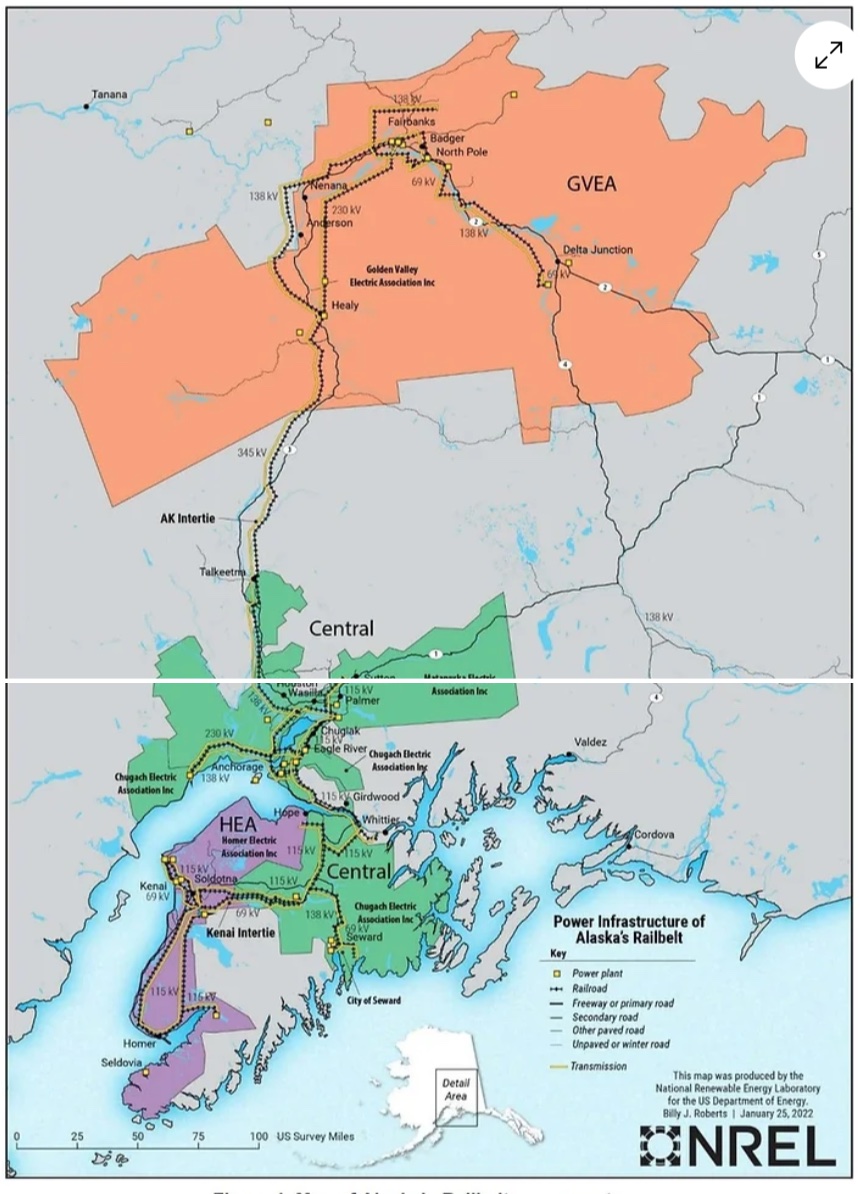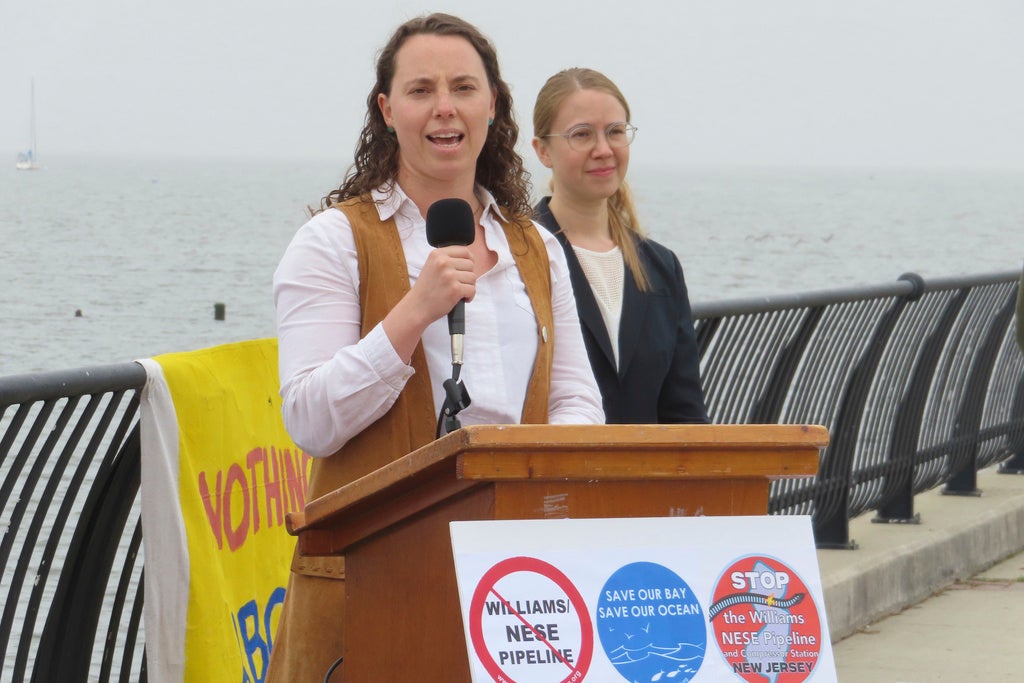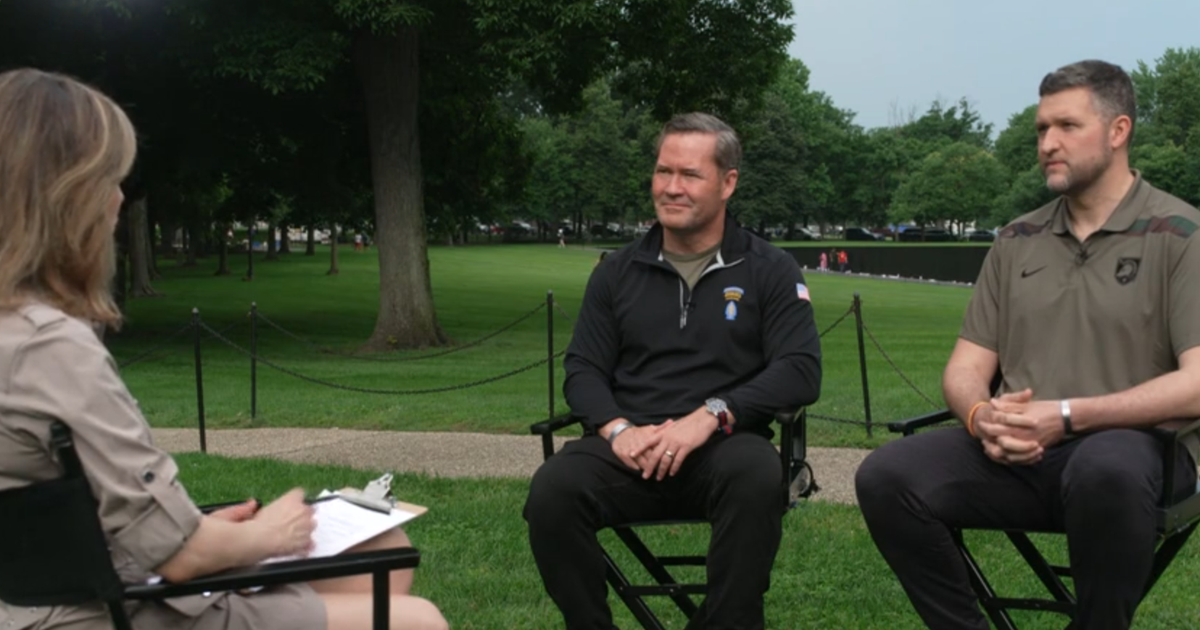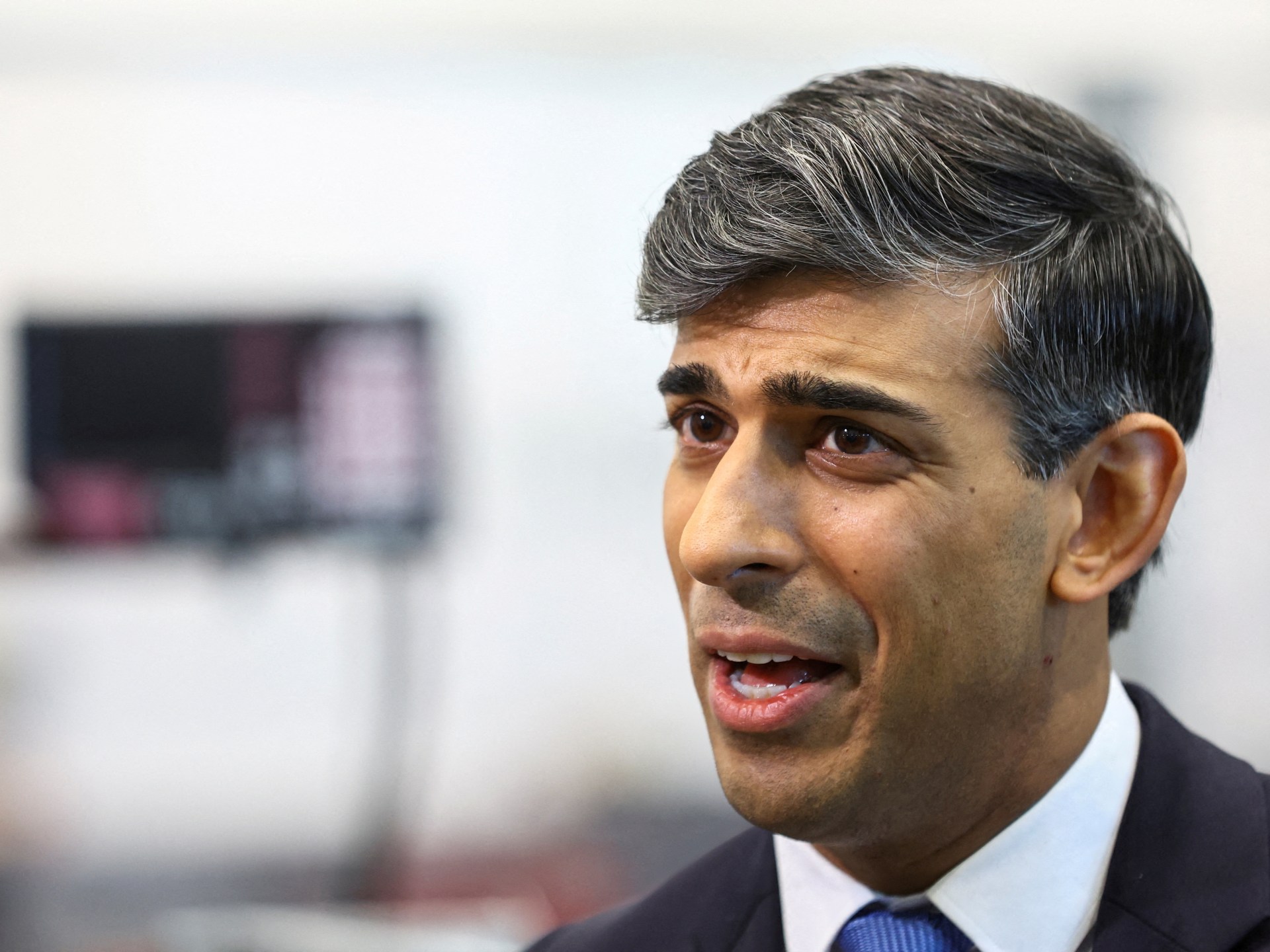NOAA now confirms that another critical Alaska fishery is in decline due to successive marine heat waves. First there was the loss of 10 billion snow crabs and the close of the once-lucrative Bering Sea crab fisheries; now we know that climate change (warming seas) is the culprit behind the crash of chum salmon on the Yukon and Kuskokwim watersheds. Both these fisheries are the lifeblood of many Alaska communities and villages. From the Yukon to Kodiak, from the Arctic to Ketchikan, Alaska’s coastal fisheries must now confront the dual threat of heat waves and ocean acidification.
Even though Alaska alone cannot solve the climate crisis and save Alaska’s fisheries we can do our part to address climate impacts head-on. We are still nowhere near the scale and pace of emission reductions required to put us on track toward limiting warming to 1.5 degrees Celsius (a goal of the Paris Accords). As a result, warming oceans and ocean acidification remain active, serious threats to Alaska’s fisheries. Whether it’s out of concern for the oceans, storm events, landslides, and/or wildfires, it’s clearly a moment when we need “all hands on deck” to deal with the climate crisis.
One area where Alaska can make a big difference in climate change is by addressing methane leaks. Methane, also known as natural gas waste, traps 80 times more heat than carbon dioxide. It is also important because industrial emissions from Alaska’s oil and gas operations account for approximately 60% of Alaska’s total 2020 greenhouse emissions. Altogether, this means that even though Alaska’s total emission contribution may be small on the global scale, Alaska can still make a significant difference because we emit plenty of methane.
Unfortunately, the watchdog for methane leaks, the Alaska Oil and Gas Conservation Commission (AOGCC), has repeatedly shown itself unwilling to act. One example occurred when a Hilcorp gas pipeline burst in Cook Inlet a few years ago and spewed gas into the atmosphere for months, causing the loss of tens of thousands of barrels of oil production. AOGCC took the alarming position that it was powerless to do anything. Hauled into court, and eventually corrected by the Alaska Supreme Court on the extent of its jurisdiction, the commission still refused to hold Hilcorp accountable.
Since the 1990s, there have been increases in the frequency and intensity of marine heat waves in the North Pacific. Scientists project that this trend will accelerate, off Alaska and globally. In other words, it’s not far-fetched to ask which major fishery will be the next one to succumb to climate change?
Perhaps what’s happening at the U.N. climate talks could spur some commensurate action here in Alaska. As noted by the Washington Post, “many of the world’s biggest oil companies (including Exxon Mobil) announced recently that they would slash methane emissions from their wells and drilling by more than 80% by 2030.″
According to research done by a team of scientists from the Environmental Defense Fund and several U.S. universities, halving methane emissions by 2030 could slow the rate of global warming by more than 25% and start a path to prevent one-half a degree Celsius of warming by 2100. Furthermore, according to the International Energy Agency, the oil and gas industry could eliminate more than 75% of its methane emissions with existing and well-known technology. Taken all together, this means that taking action on methane is not only hugely significant in addressing the climate crisis but eminently doable.
If the oil and gas industry is now seeking to position itself as a problem-solver on the international stage, why not do the same here in Alaska? By statute, the state considers any non-emergency release of oil and gas (venting or flaring) in excess of one hour as potential “waste.” Consequently, we already have one key tool in the toolbox.
For the sake of Alaska’s Fisheries, surely Alaska can become part of the climate crisis solution by joining the industry-supported international action to reduce methane emissions. Now would be the time for the AOGCC to take its statutory obligation seriously and begin reining in non-emergency flaring and venting of methane. As noted earlier, Alaska has plenty of methane to make a difference.
Linda Behnken is a commercial fisherwoman and executive director of Alaska Longline Fishermen’s Association. Kate Troll has more than 22 years of experience in coastal management, fisheries and climate/energy policy and is the former Executive Director of United Fishermen of Alaska. In 2018 Kate, along with 400 Alaskans, petitioned the Alaska Oil and Gas Conservation Commission to reduce methane emissions.
The views expressed here are the writer’s and are not necessarily endorsed by the Anchorage Daily News, which welcomes a broad range of viewpoints. To submit a piece for consideration, email commentary(at)adn.com. Send submissions shorter than 200 words to letters@adn.com or click here to submit via any web browser. Read our full guidelines for letters and commentaries here.

:quality(70)/cloudfront-us-east-1.images.arcpublishing.com/adn/FY2KAK57PBCUBA56YXLYNAGAKI.jpg)




























/cdn.vox-cdn.com/uploads/chorus_asset/file/24038601/acastro_STK109_microsoft_02.jpg)

